Olive oil, often called “liquid gold,” has been celebrated for centuries for its rich flavor and remarkable health benefits.
Derived from the fruit of the olive tree (Olea europaea), this versatile oil is a staple in Mediterranean cuisine and natural medicine.
Beyond its culinary uses, olive oil is packed with nutrients that support heart health, skin vitality, and overall well-being.
For those who enjoy a DIY approach, making olive oil at home can be both rewarding and enlightening. Let’s explore the incredible benefits of olive oil and learn the easiest way to make it in your own kitchen.
#1. Supports Heart Health
Olive oil is rich in monounsaturated fats, particularly oleic acid, which helps reduce LDL (bad) cholesterol and increase HDL (good) cholesterol.
A study published in the New England Journal of Medicine demonstrated that a Mediterranean diet rich in olive oil can lower the risk of cardiovascular diseases by 30%.
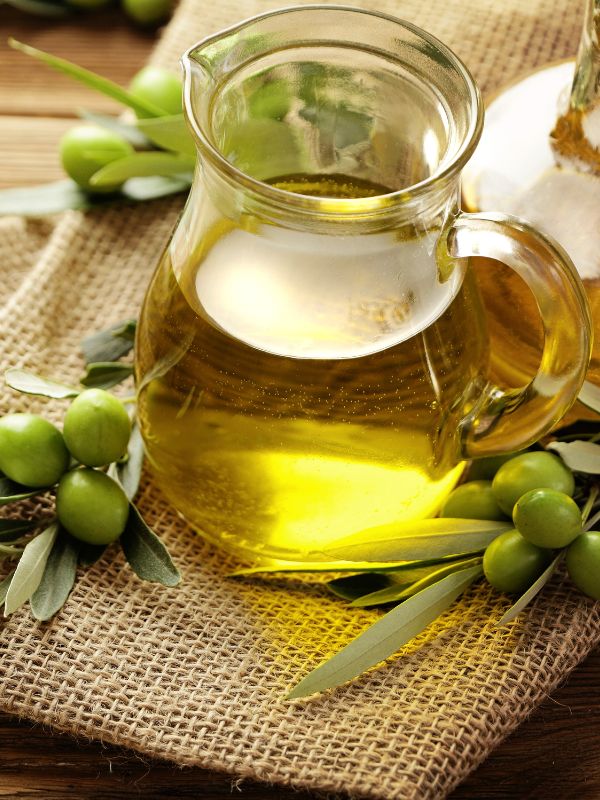
#2. Loaded with Antioxidants
Extra virgin olive oil contains antioxidants like vitamin E, polyphenols, and oleocanthal.
These compounds combat oxidative stress, protect cells from damage, and reduce inflammation, which are essential for preventing chronic illnesses.
#3. Promotes Digestive Health
Olive oil aids in producing digestive enzymes, improving nutrient absorption, and reducing constipation.
Its mild anti-inflammatory properties also soothe the digestive tract and help prevent issues like gastritis.

#4. Improves Skin Health
Packed with vitamin E and antioxidants, olive oil nourishes and hydrates the skin.
It’s also effective in reducing signs of aging, such as wrinkles and fine lines, while protecting against UV damage.
#5. Supports Brain Function
The polyphenols and monounsaturated fats in olive oil contribute to cognitive health.
Research published in Frontiers in Aging Neuroscience suggests that olive oil consumption may reduce the risk of Alzheimer’s disease and improve memory and focus.

#6. Reduces Inflammation
Oleocanthal, a natural compound in olive oil, has anti-inflammatory effects similar to ibuprofen.
You can regularly consume to alleviate symptoms of arthritis and other inflammatory conditions.
#7. Helps Manage Weight
Despite its calorie density, olive oil’s healthy fats promote satiety and can aid in weight management when used as part of a balanced diet.
Studies indicate that olive oil does not contribute to weight gain when consumed in moderation.

#8. Supports Immune Health
Olive oil’s antioxidants and anti-inflammatory properties strengthen the immune system.
It’s particularly effective in fighting free radicals that can weaken the body’s defenses.
#9. Protects Against Type 2 Diabetes
Olive oil helps regulate blood sugar levels and improves insulin sensitivity.
A study in Diabetes Care found that a diet rich in olive oil reduces the risk of developing type 2 diabetes by up to 40%.
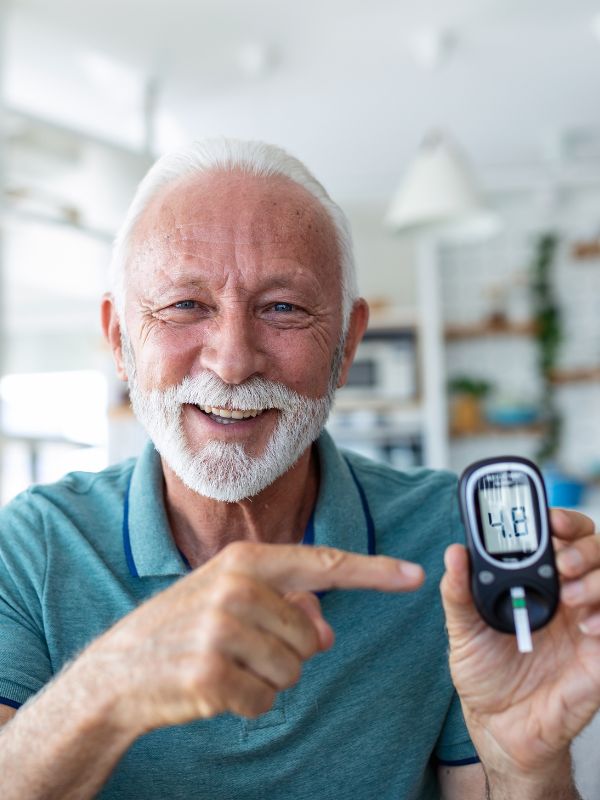
#10. Enhances Hair Health
Rich in nutrients and moisturizing properties, olive oil strengthens hair, prevents split ends, and reduces scalp dryness.
It’s a natural remedy for maintaining shiny, healthy locks.

Top 5 Best Ways to Use Olive Oil
- As a salad dressing: Combine extra virgin olive oil with lemon juice or vinegar and a pinch of herbs for a flavorful and heart-healthy salad dressing. It’s an easy way to enhance your meals while enjoying olive oil’s health benefits.
- For moisturizing skin: Apply a small amount of olive oil to dry areas for deep hydration and a natural glow. Its antioxidants and vitamins help nourish the skin and protect it from damage.
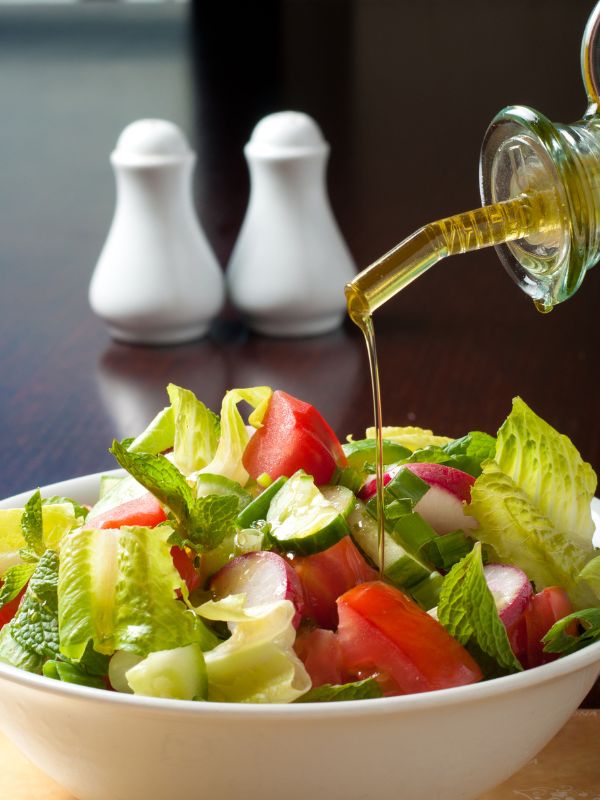
- As a hair conditioner: Massage olive oil into your scalp and hair, leave it on for 30 minutes, and rinse. This treatment reduces frizz, promotes shine, and improves hair health.
- For cooking and baking: Use olive oil for sautéing vegetables, grilling, or as a healthier substitute for butter in baking. Its rich flavor and healthy fats make it an excellent choice for all kinds of dishes.
- For oral health (Oil pulling): Swish a tablespoon of olive oil in your mouth for 10–15 minutes. This ancient practice helps reduce harmful bacteria, improves gum health, and freshens breath naturally.
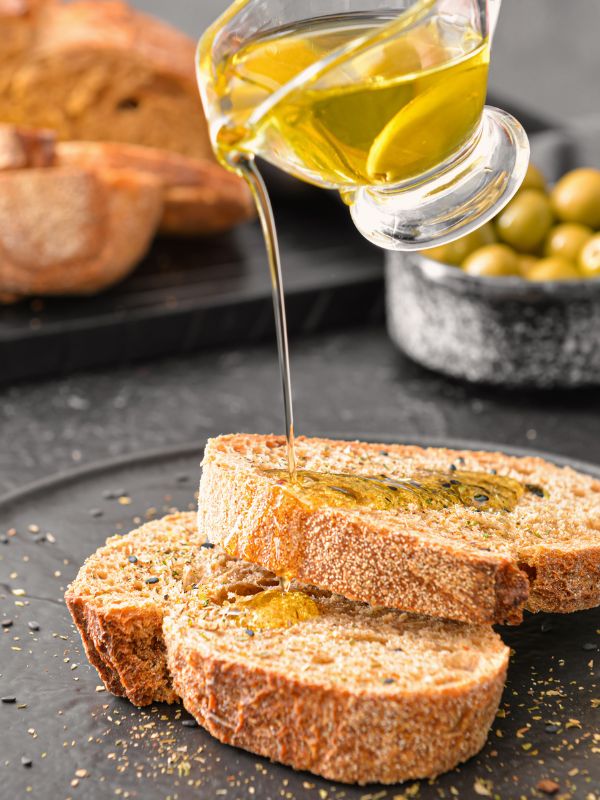
The Easiest Way to Make Olive Oil at Home
What You’ll Need
- Fresh olives (as many as you can gather)
- A manual meat grinder or food processor
- A skillet or pan
- A fine mesh strainer
- Cheesecloth or thin fabric
- A bowl for collecting oil

Step-by-Step Process
1. Prepare the Olives
Begin by removing the pits from the olives. This ensures a smoother grinding process and protects your equipment. You can do this manually with a knife or use a pitting tool.
2. Grind the Olives
Feed the pitted olives through a manual meat grinder or process them in a food processor until they form a paste. The goal is to break down the flesh to release the oil.
3. Heat the Olive Paste
Transfer the paste to a skillet and warm it gently over low heat. This step helps release the oil but avoid cooking or burning the paste.

4. Extract the Oil
Place a fine mesh strainer over a bowl and line it with cheesecloth. Pour the olive paste into the strainer and press it to release the oil. You can use a spoon, your hands (with gloves), or a heavy object for pressure.
5. Filter the Oil
Allow the collected liquid to sit so the oil separates from the water. Carefully skim the oil from the top or use a pipette for precision.
6. Store Your Olive Oil
Transfer the oil to a clean, airtight container. Store it in a cool, dark place to maintain its quality and flavor.
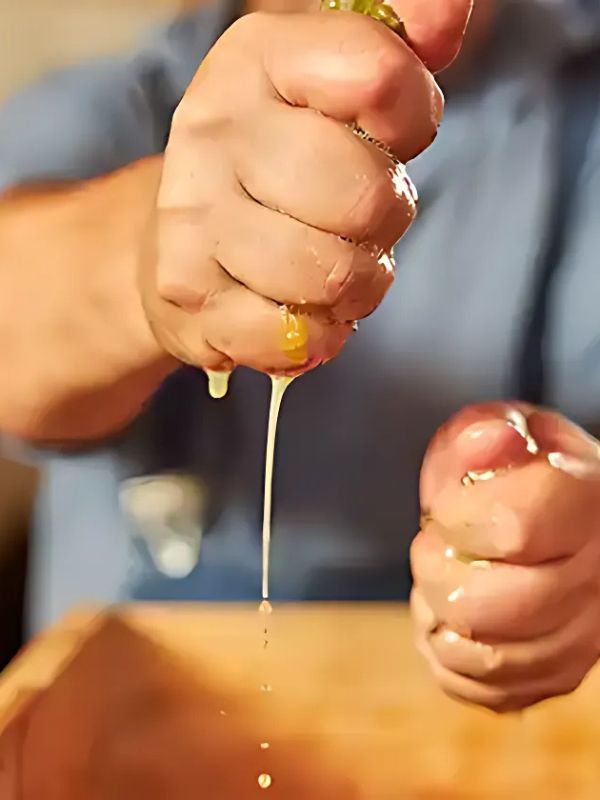
Tips for Best Results
- Use freshly harvested olives for optimal flavor and nutrition.
- Ensure all equipment is thoroughly cleaned to avoid contamination.
- Experiment with different olive varieties to discover unique flavors.
- Homemade olive oil is best consumed within a few weeks as it lacks preservatives.
Cautions and Precautions
Homemade olive oil is suitable for small-scale use and may not match the yield or clarity of commercial products.
Always handle equipment safely and ensure proper hygiene during preparation.
Individuals with olive allergies should consult a healthcare provider before consuming olive oil.
Disclaimer
This article is for informational purposes only and not a substitute for professional advice.
Always consult a healthcare provider for personalized dietary recommendations or health concerns.
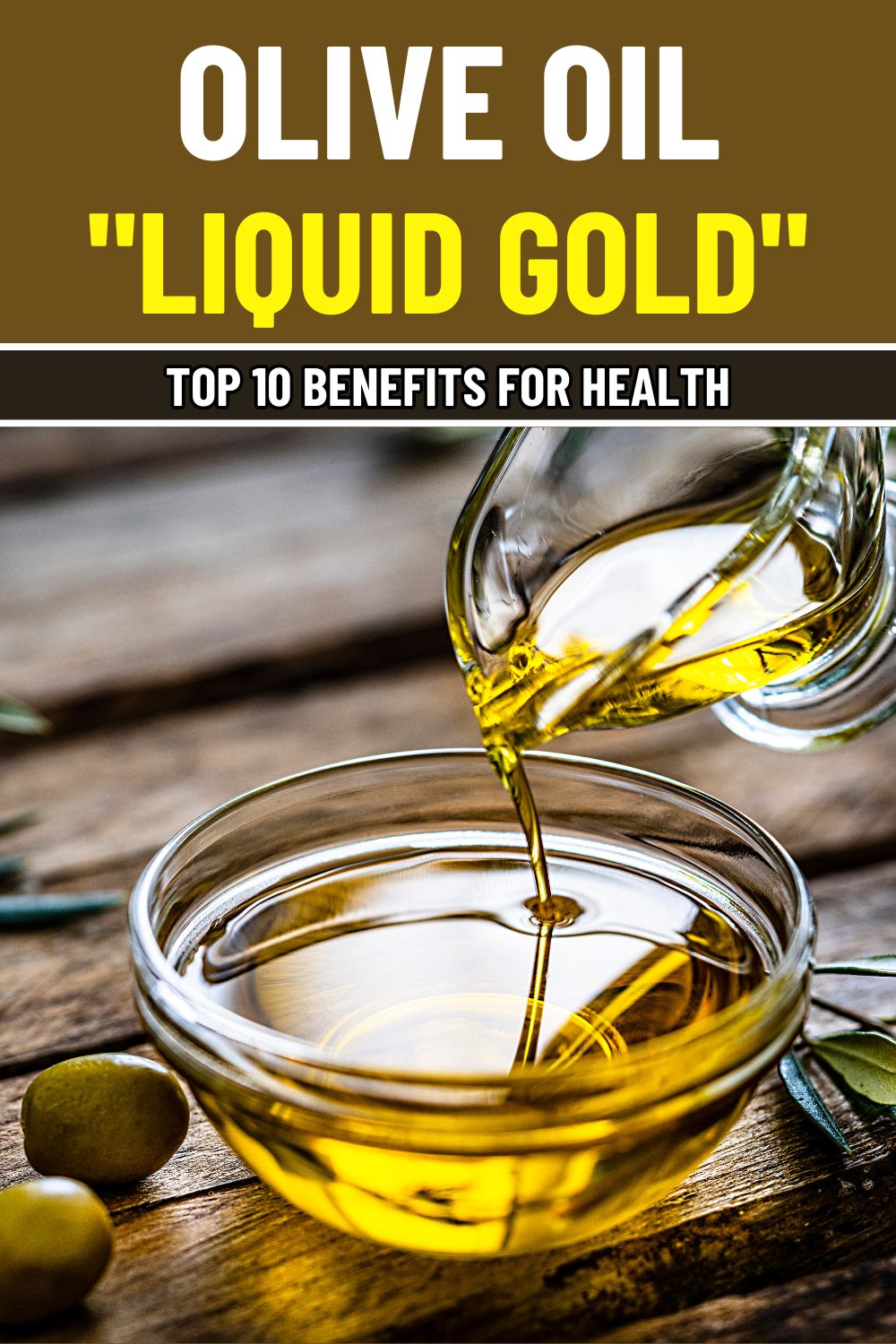
Discover Secret Benefits of Olive Oil and How to Make It Yourself
